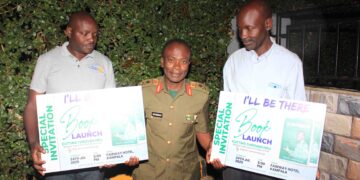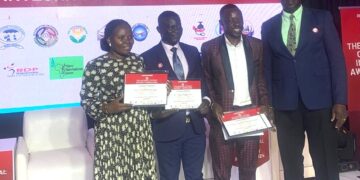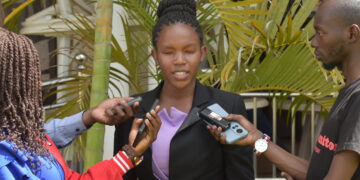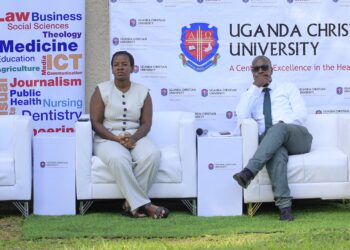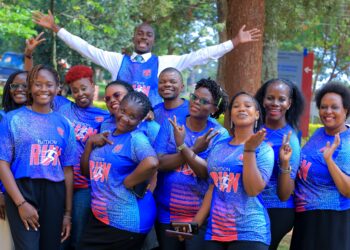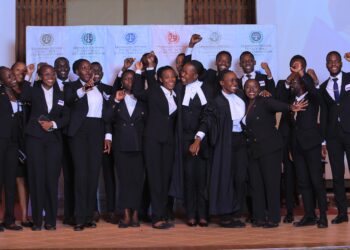Uganda Christian University (UCU) is hosting this year’s Unwanted Witness Privacy Moot Court Competition, bringing together law students from across the country to debate emerging issues of data protection and privacy in Uganda’s digital era.
The two-day event, which began on Sunday evening with a welcome dinner at UCU’s Main Campus in Mukono, features preliminary oral rounds leading to the national final.
The winning team will take home 1,500 US dollars and earn the right to represent Uganda at the East African regional rounds in Arusha, Tanzania. Regional champions will later advance to Lagos, Nigeria, for a continental data protection forum.
Dr. Aaron Mushengyezi, the Vice Chancellor of UCU, urged participants to embrace the competition as more than a legal contest.
He said his own experience competing for scholarships showed him that excellence, preparation, and persistence open doors. He challenged students to treat the moot as a platform that builds resilience, integrity, and lifelong skills.
The theme of this year’s competition focuses on how data privacy rights apply within Uganda’s national ID system. Gomez Rebecca Namirimu, Head of Undergraduate Studies at the UCU School of Law, said the contest is designed to help students question the implications of personal data collection.
She noted that during the renewal of national IDs, citizens provide details such as names, sub-counties, and dates of birth, and the critical issue is how that information is stored, processed, and used. Concerns about possible misuse, including the sale of personal data, make such debates urgent, she added.
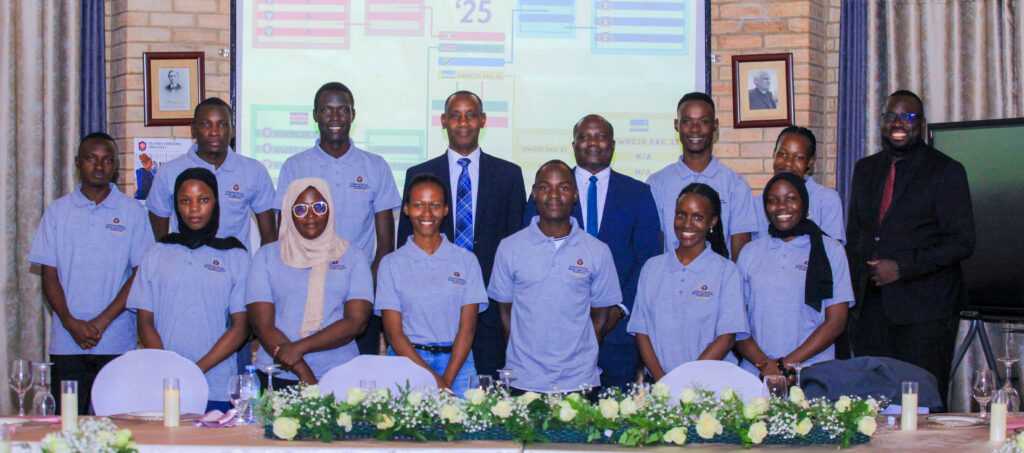
Abraham Mumbere, a UCU lecturing assistant and practitioner of cyber and privacy law, pointed to gaps between Uganda’s legal framework and its enforcement.
He explained that the Data Protection and Privacy Act requires all entities that collect and process personal information to register with the Data Protection Office.
Yet many collectors, such as mobile money agents, are not registered. Telecom companies may comply, he said, but their agents often do not, exposing a mismatch between the law and daily practice.

Mumbere further highlighted challenges in aligning legislation with rapid technological changes. He observed that although the Uganda Communications Commission declared Facebook off limits in Uganda, many people still access it through VPNs.
The problem, he said, is not only with the laws themselves but also with the gap between legal restrictions and available technologies. He called for stronger institutional support to agencies such as NITA and UCC.
Allan Ssempala Kigozi, Programs Manager at Unwanted Witness, told students that the cases argued in the moot reflect real-world dilemmas.
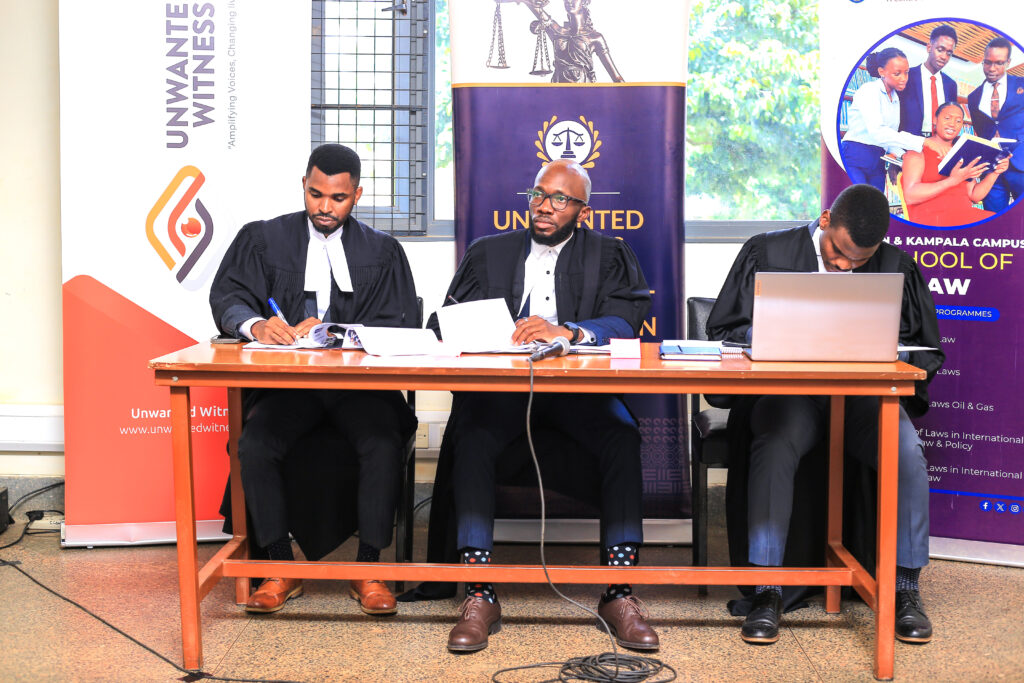
He reminded them that personal data is routinely collected by banks, mobile money agents, and apps, and often misused. Professionalism, preparation, and excellence would distinguish them in the competition, he said.
Unwanted Witness, founded in 2012, works to promote digital rights, online freedom of expression, and secure digital spaces. Its partnership with UCU has turned the privacy moot into a key platform for grooming Uganda’s next generation of legal minds in the digital rights arena.















